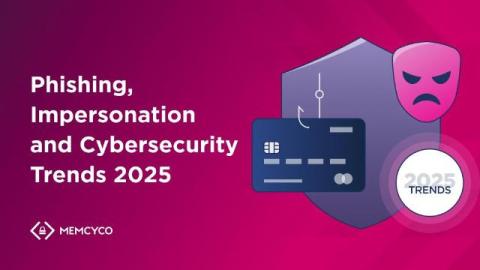Memcyco Unveils Its Next-gen Phishing and Digital Impersonation Protection Solution
In 2024’s State of Digital Impersonation Resilience report there was one key finding that neatly frames the digital impersonation fraud challenge. Of the businesses surveyed, 72% use a digital impersonation protection solution, but only 6% could confirm its efficacy. In other words, scam-targeted industries are investing in finding solutions, but those solutions aren’t delivering.











